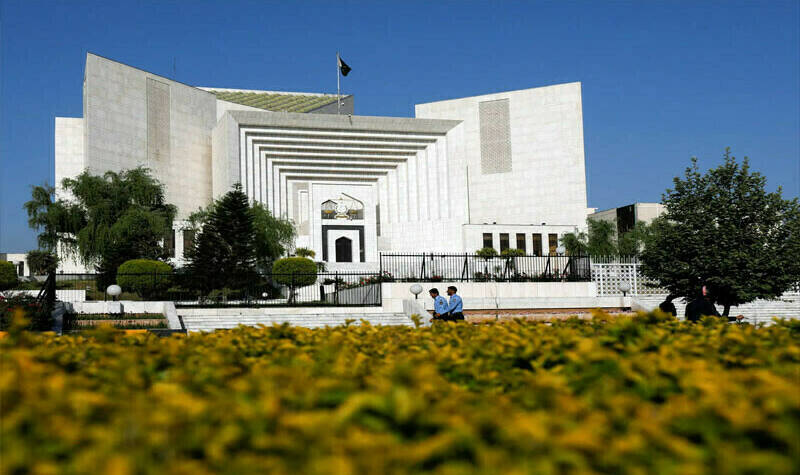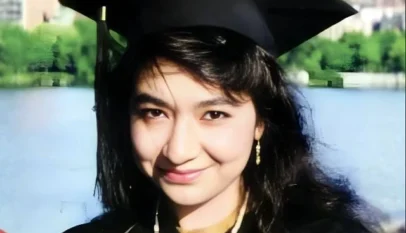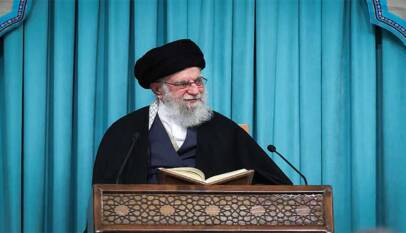
In a landmark decision on Thursday, the Supreme Court ruled that the transfer of High Court judges is constitutional, dismissing a series of petitions challenging the move. The court also allowed Justice Sarfaraz Dogar to continue as the acting Chief Justice of the Islamabad High Court (IHC) while referring the issue of judicial seniority to the President of Pakistan for further consideration.
The five-member constitutional bench, led by Justice Mohammed Ali Mazhar, delivered a split 3-2 verdict. Justices Mazhar, Shahid Bilal, and Salahuddin Panhwar formed the majority, rejecting the constitutional petitions filed by five IHC judges, the Islamabad High Court Bar Association, and the Karachi Bar Association.
The case stemmed from a February 1, 2024, notification issued by the Ministry of Law and Justice that transferred Justices Sarfaraz Dogar, Khadim Hussain Soomro, and Mohammed Asif from other High Courts to the IHC. The move triggered legal challenges centered on judicial seniority and the extent of the President’s authority under Article 200(1) of the Constitution.
The petitioners—Justices Mohsin Akhtar Kayani, Tariq Mehmood Jahangiri, Babar Sattar, Ejaz Ishaq Khan, and Saman Rafat Imtiaz—argued that the transfers were unconstitutional and lacked justification in the public interest. They filed their case under Article 184(3), which allows the Supreme Court to address matters of public importance involving fundamental rights.
The judges contended that the transfers disrupted the established seniority structure, potentially impacting their judicial careers and undermining the internal independence of the judiciary.
The court, while upholding the transfers, declined to nullify the notification but instructed the President to resolve the seniority dispute promptly. It emphasized that until the issue is settled, Justice Sarfaraz Dogar will continue to serve as acting Chief Justice of the IHC.
Senior lawyers Muneer A. Malik and Barrister Salahuddin, representing the petitioners, had urged the court to clarify constitutional provisions to protect judicial independence and prevent executive overreach.
During the proceedings, the bench closely examined the constitutional framework surrounding the appointment, transfer, and ranking of judges. It also noted that former IHC Chief Justice Aamer Farooq had previously revised the court’s seniority list, citing an Indian Supreme Court judgment that treated judicial transfers and appointments as separate legal matters.
Ultimately, the Supreme Court’s ruling reinforces the President’s authority to transfer High Court judges under Article 200(1), while leaving unresolved the contentious question of how such moves affect judges’ seniority—a matter now in the hands of the President.
Source: Web Desk
Indian News channel hacked, pro-Pakistan content broadcast briefly
(Web Desk) — Indian television channel ABP News was temporarily disrupted after hack…















